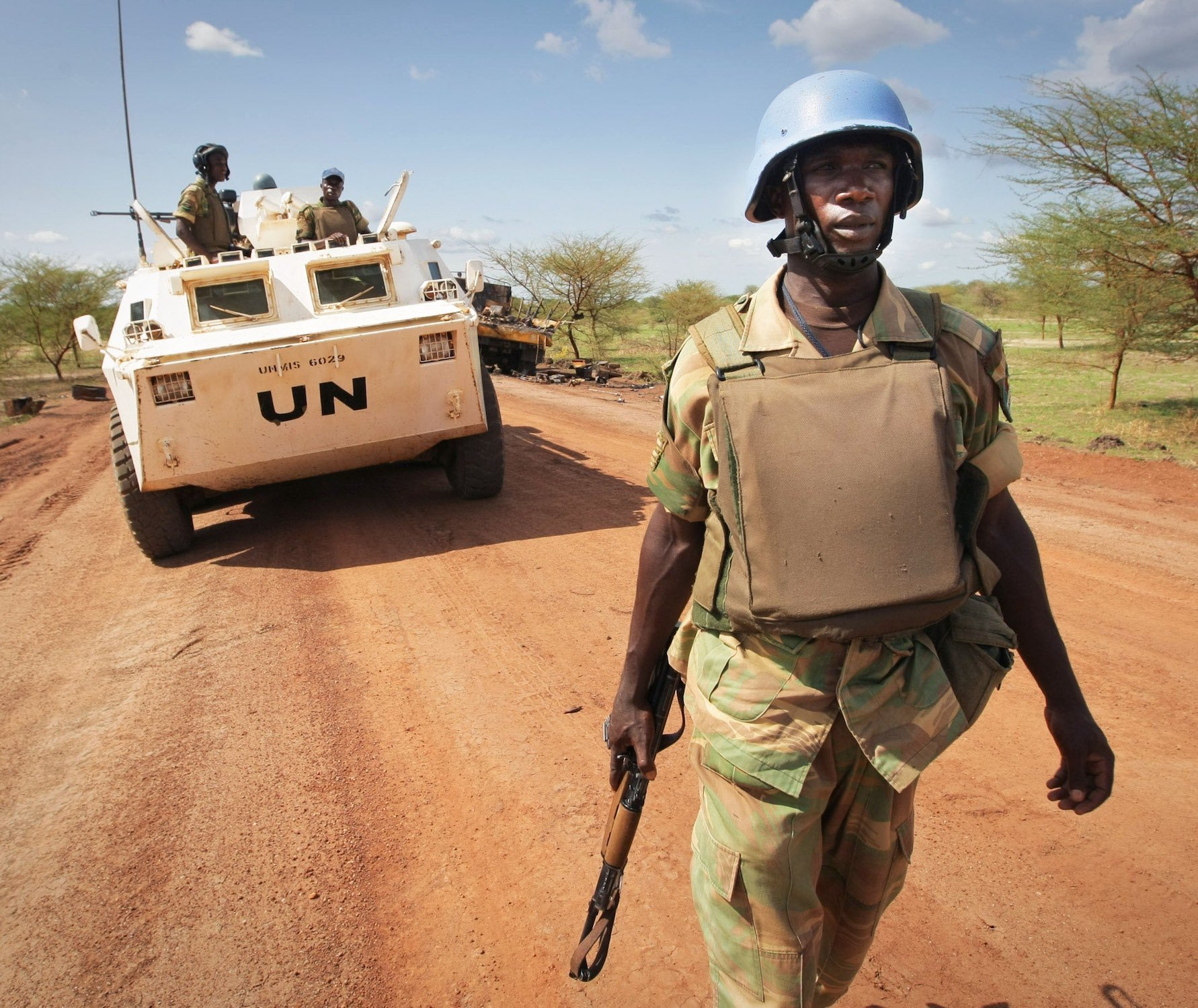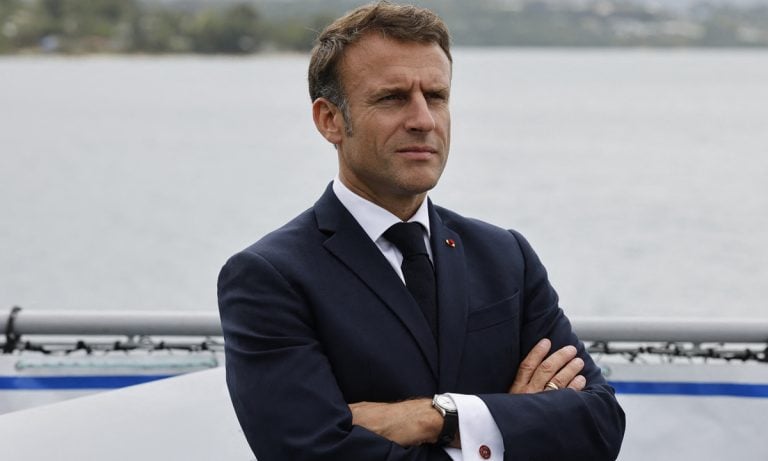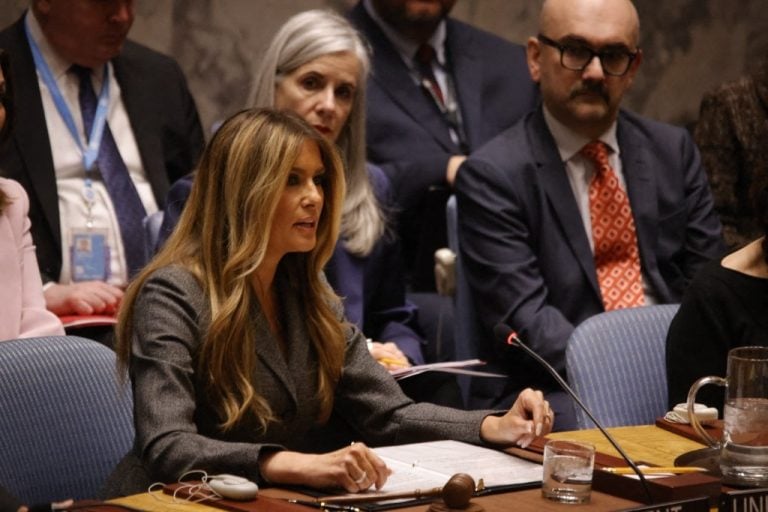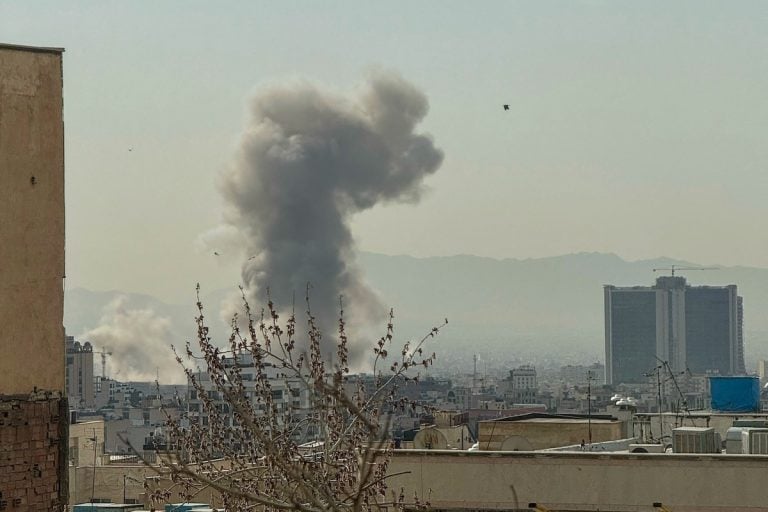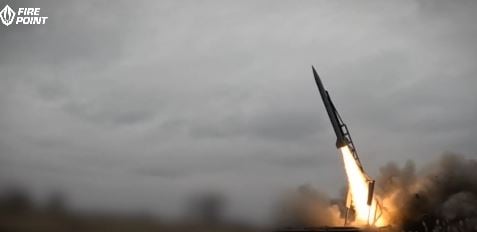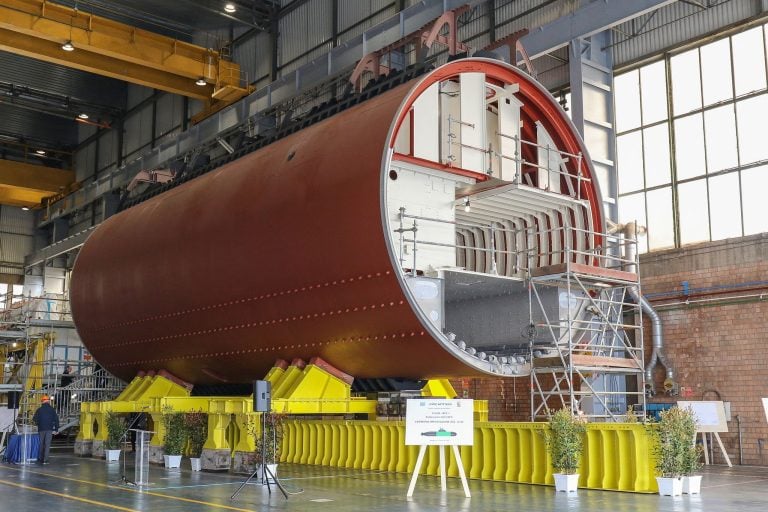In a recent turn of events, Sudan’s army-aligned government has refuted allegations from the United States regarding the use of chemical weapons in its ongoing conflict against paramilitary groups. This denial came shortly after the U.S. announced its decision to impose sanctions on Sudan, following a determination that Sudan’s military employed chemical agents during the civil war that erupted last year.
Information Minister Khalid al-Aiser characterized the U.S. claims as “baseless accusations” and accused the American government of engaging in “political blackmail.” He expressed that these allegations were an intentional misrepresentation of the situation in Sudan and referred to the sanctions targeting U.S. exports to the country and limiting the Sudanese government’s access to U.S. credit facilities. The U.S. State Department, which informed Congress of its findings, indicated that the sanctions would take effect after a 15-day period.
The sanctions feature restrictions on exports and financial dealings between the U.S. and Sudan’s government. However, experts suggest that the practical impact of these sanctions may be minimal since key figures, including Sudan’s military chief Abdel Fattah al-Burhan and Rapid Support Forces (RSF) leader Mohamed Hamdan Daglo, are already under U.S. sanctions.
Sudan, Africa’s third-largest country, has been embroiled in conflict for over two years, leading to tens of thousands of fatalities and the displacement of approximately 13 million people. The United Nations has labeled the ongoing situation as the world’s most severe humanitarian crisis.
In an official response to the U.S. claims, the Sudanese government reiterated its denial of chemical warfare allegations, labeling them a “false narrative” intended to mislead international opinion. Minister Aiser also accused Washington of collaborating with the RSF, highlighting claims of support from the United Arab Emirates. He asserted that the UAE had been implicated in supplying advanced weaponry to the RSF despite consistent denials from Emirati officials.
Amid these tensions, a January report by The New York Times suggested that Sudan’s military had utilized chemical weapons, including chlorine gas, in conflict zones, citing anonymous U.S. officials. Chlorine gas is known for its severe respiratory effects and potential lethality.
Recent military developments include Sudan’s army claiming success in displacing the RSF from critical positions in Omdurman, indicating a consolidation of control in the greater Khartoum area. The ongoing war has effectively fragmented Sudan, with the army governing the central, northern, and eastern regions, while the RSF, alongside its allies, holds substantial influence in Darfur and parts of the southern territories.
